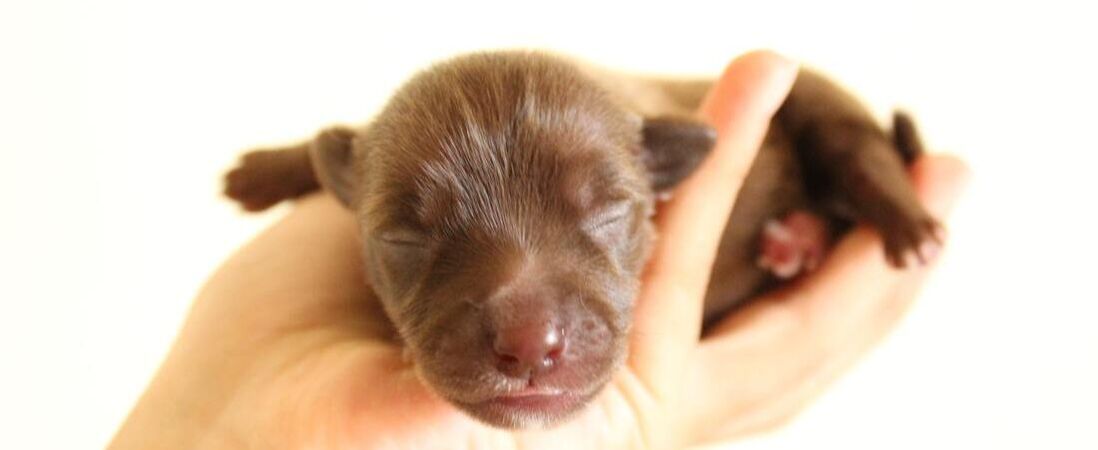|
It is critical to understand the developmental stages in the life of your puppy. In each phase little things happen and these things are like tiny milestones in their lives. Prenatal Before the puppy is even born, while it’s still in the womb, changes in the mother’s stress levels and what she experiences can totally interfere with her litter’s behavior. For example, if an inexperienced mother from a puppy farm is left alone throughout the whole day and she has trouble settling in at night to rest, the chemicals released in her body to cope with that level of stress may alter and affect the puppies resilience and temperament once they are born. More dutiful mothers will make more dutiful puppies. This is very important information, as most people will take for granted that if you get a puppy, no matter at what age, you will be able to mold it as you’d like. But this is not entirely true. Genetics play a major role in how puppies are going to live their lives. Neonatal They are born essentially blind, deaf and neurologically underdeveloped and will make use of touch and scent to have their first experiences, that’s why human contact in this stage is extremely important. Only after a couple of weeks do their eyes start to open up. And in the 3rd week they start to hear. At this point it is crucial to expose them to a variety of sounds at low levels so they learn how to get habituated to those. Transitional and Critical Period At week 3 - 4 they start to get a sense of awareness, they become a little bit less dependent on their mothers and they don’t need their help to defecate or urinate anymore. With more independence also comes more responsibility. From now on up to 12 - 16 weeks, will be crucial for their development, as it will shape what they will come to be. This is called the Critical Socialisation period. It’s extremely important at this stage that the puppy develops confidence, trust and gets to experience a variety of things in a positive and gradual manner. Another thing to keep in mind is that puppies get a spike in stress hormones at 8 - 10 weeks of age, which is the time many people bring their puppies home. This means that we have to be even more careful about the kind of situations we put our puppies into, so that they don’t have experiences which may affect how they view the world as they get older. The period between 3 - 7 weeks is when the senses and parts of the brain aren’t fully developed is the perfect time to expose them to new and varied sights, sounds and smells, such as children, other animals, or things they will experience living in a human household like vacuum cleaners, lawn mowers etc. So when looking at getting a puppy, the more research about breeders and history you can acquire the better. With rescues, that can be a little bit more difficult, but when buying from a breeder you have the opportunity to ask to meet the parents, ask what things the puppy has been exposed to. As you can see, a lot of what dictates the kind of dog your puppy will become happens before you have even met them. And then when they’ve come home, you’ve got a short period of time before the critical period is over, which is why it’s extremely valuable to pick puppy schools which focus on early confidence building and working within your puppies comfort level. A Bit Overwhelming Many of you readers will already have adult dogs or puppies that have passed all of these milestones, and you may be wondering what you can do now that the window of time has closed. Don’t stress or overthink. You can use this information to have a better understanding of why your dog may be nervous about things that seem absolutely fine to us, or perhaps why they are so resilient to whatever life throws at them. Knowing where your dog has come from and what affects them is extremely important to having empathy moving forward with your training. Being compassionate when you train, and looking through a holistic lens means you can take the time to see the world more from your dogs’ perspective, and that is a very valuable skill. And now, if you ever think about adding another puppy to the family, you’ll be more prepared! This may be a sign to call your partner and see what they think… Authored by Sarah Endres Dog Trainer and Behaviour Advisor
0 Comments
Leave a Reply. |
AuthorsArticles created by the team at Allsorts Dog Training, Bay of Plenty, New Zealand Our Library
All
|


 RSS Feed
RSS Feed